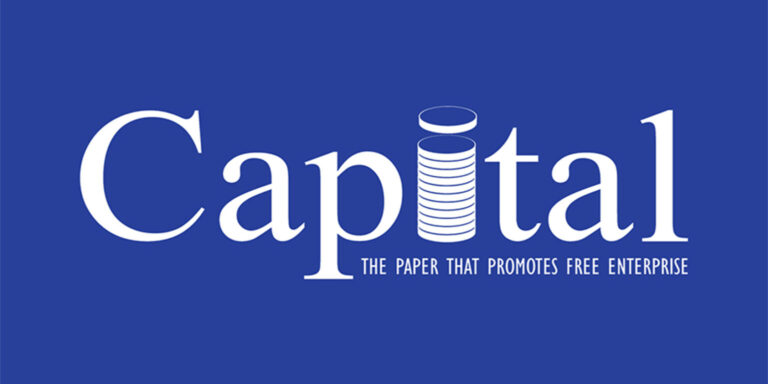Air traffic control (ATC) authorities around the world continue to face challenges with messaging systems that are limited in their capabilities, operationally demanding, and slow to adapt to modern needs. These limitations can make it harder to coordinate across borders and keep pace with growing traffic demands. With the launch of SITA ATC Bridge, an innovative and easy-to-use SaaS (Software as a Service) cloud-based digital platform, aviation stakeholders can now replace legacy systems with a secure, seamless, and simplified solution designed to maintain operational efficiency.
The platform supports Civil Aviation Authorities, Air Navigation Service Providers (ANSPs), and regulators who need fast, dependable, and scalable communication across the ICAO ATS Messaging Handling System (AMHS). By reducing the cost and complexity of legacy systems, ATC Bridge opens the door to more accessible and resilient connectivity, even for emerging markets.



